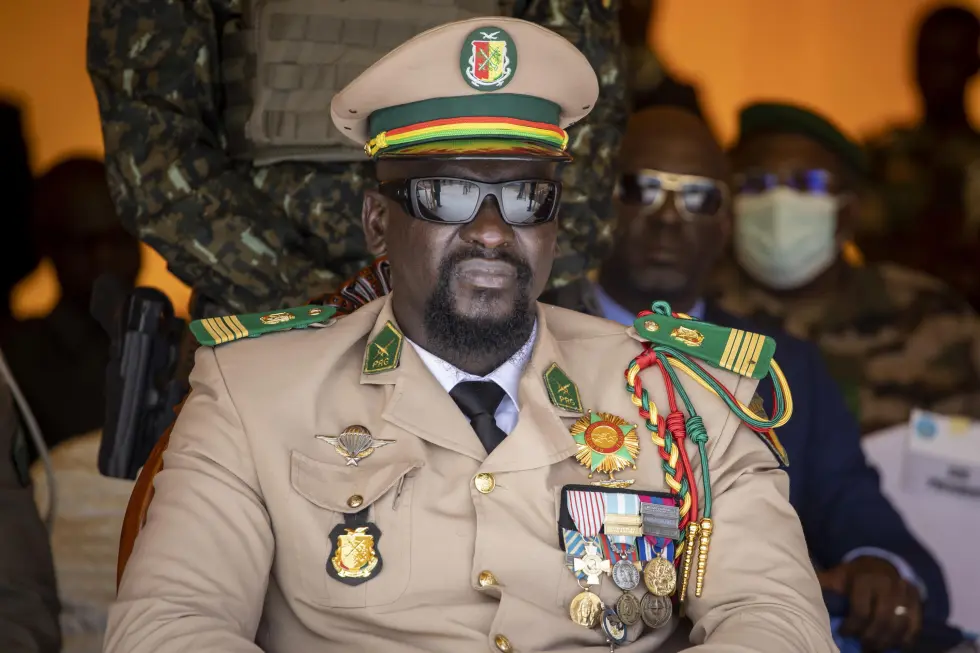Mamadou Oury Bah, a former Guinean opposition leader, has been appointed as the new prime minister by the country’s military junta, following the abrupt dissolution of the government last week. The announcement comes as Guinea grapples with growing dissatisfaction among its citizens.
Trade unions have been leading widespread protests, demanding lower food prices due to the high cost of living in the country. These demonstrations took a violent turn on Monday when clashes between the police and protesters resulted in the tragic deaths of two individuals.
In an attempt to address the concerns of the Guinean people and alleviate economic hardships, Prime Minister Bah, who is widely known as Bah Oury, has called on the unions to cease their strike and work towards finding progressive solutions. The experienced economist not only aims to form a new government but also plans to tackle the pressing economic challenges faced by millions of Guineans.
The swearing-in ceremony for the new prime minister was conducted in the presence of interim President Mamady Doumbouya. President Doumbouya led Guinea’s armed forces in September 2021 to overthrow the elected President Alpha Condé. This move marked a pivotal moment in Guinea’s political landscape.
With a vibrant political career that spans several decades, Bah Oury, aged 65, has been a prominent figure in Guinean politics since the early 1990s. In 2007, he served as the Minister of Reconciliation in a consensus government. However, in 2011, he faced exile in France after being implicated in an attack on President Condé’s residence. Bah Oury returned to Guinea in 2016 after receiving a pardon from the president.
Guinea is set to hold elections to reestablish democratic governance in 10 months, once the junta’s and regional bloc Ecowas’ designated 24-month transition period comes to an end. This upcoming electoral process will play a crucial role in determining the country’s future trajectory.
It is imperative for the new prime minister to foster stability, address the people’s concerns, and initiate economic reforms during this transitional period. Guinea’s citizens expect their leaders to prioritize their needs and aspirations, particularly in relation to the high cost of living and economic challenges that have burdened the nation.
International partners and organizations, such as the Economic Community of West African States (Ecowas), will be closely observing Guinea’s political developments. These stakeholders will likely play an essential role in supporting the country throughout its transition towards sustainable democratic governance.
As Mamadou Oury Bah assumes office as the new prime minister, the eyes of the nation and the international community will be upon him. The Guinean people are hopeful that his leadership will provide them with the much-needed stability, socio-economic progress, and a pathway to a brighter future.
In reporting on these developments, our newspaper, focused on African affairs, will continue to deliver comprehensive, balanced, and high-quality coverage of Guinea’s political landscape, keeping our readers informed about the country’s journey towards democracy and the challenges it faces along the way.





